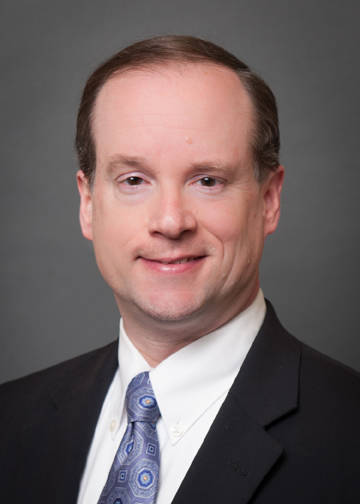Want to know why conservatives are more skeptical than progressives of the idea of government confiscating more of our money to throw at social programs? I’ve already given you the answer in my choice of words.
Our disagreements begin, but do not end, with definitions. Look at the way I worded my question. I could have instead asked “why conservatives are more hostile than progressives to the idea of all of us investing more of our money together to solve social problems”? Hostility sounds more unreasonable than skepticism. “All of us investing” sounds cooperative, while “government confiscating” sounds invasive. And obviously there’s a big difference between “throwing money” at programs and “solving problems.”
My purpose isn’t to endorse the more positively stated proposition. As a conservative, I’d reject it as misleading and biased.
For example, I think using the term “all of us” to describe an inherently coercive institution, government, is erroneous. Taxes are surrendered, not voluntarily contributed. People get a say in electing politicians every two to four years, if they want it, but that’s not the same thing as saying “we” collectively constitute the government, which is a discrete social institution (there are others) with clearly identifiable rules, structures, employees, and vendors.
Just to be clear: the vast majority of right-leaning folks are not anarchists. We grant that government plays a legitimate and necessary role. We also think it should be tightly circumscribed, so as to minimize how much we get bossed around by government officials who may not share our values, goals, or priorities.
Take education. With the exception of a few “separation of school and state” hard-liners, most conservatives and libertarians favor a government role in education, at least at the state and local levels. That means we favor taxing North Carolinians to ensure that all children are offered the opportunity to receive a sound, basic education.
But how high should those taxes be? Remember that every dollar government takes from us to spend represents a dollar we cannot spend for ourselves on food, clothing, shelter, rearing children, receiving medical care, supporting religious and community organizations, enjoying recreation and leisure, or building valuable capital to generate future income.
You can’t answer the question satisfactorily with platitudes. Education is highly valuable and critically important. We all agree about that. But other things are valuable, too.
One productive way to approach the question is to try to gauge the value added for each additional dollar spent. If the value added by public schools, for example, rose consistently with public expenditure — such that the highest-spending schools, districts, and states delivered the most value — that might constitute a persuasive argument for North Carolina, which ranks below the national average in per-pupil spending, to raise its public expenditure on schools quickly and significantly, even if that meant higher taxes.
In reality, however, there is no consistent relationship between expenditure and the value added by public schools, at least not in modern times. Even states with relatively low expenditures spend far more today than any did in the early days of public education.
That’s what most empirical studies show. That’s also consistent with the distribution of just-released national test scores. The Urban Institute has a handy tool for adjusting state averages by student characteristics such as poverty and native languages other than English. After such adjustments, only four states rank in the top 10 for all four tests — for reading and math, in 4th and 8th grades.
Two of them, Massachusetts and New Jersey, are high-spending blue states. The other two, Florida and Indiana, are low-spending red states. If we broaden the analysis to include high-scoring states on at least three of the four tests, three more states join the ranks of highest-value-added: Georgia (35th in spending), Virginia (26th), and our own North Carolina (38th).
Conservatives look at these and other facts and conclude that North Carolina can continue to improve our education system — and that we don’t need tax hikes to get the job done.
John Hood (@JohnHoodNC) is chairman of the John Locke Foundation and appears on “NC SPIN,” broadcast statewide Fridays at 7:30p and Sundays at 12:30p on UNC-TV.


